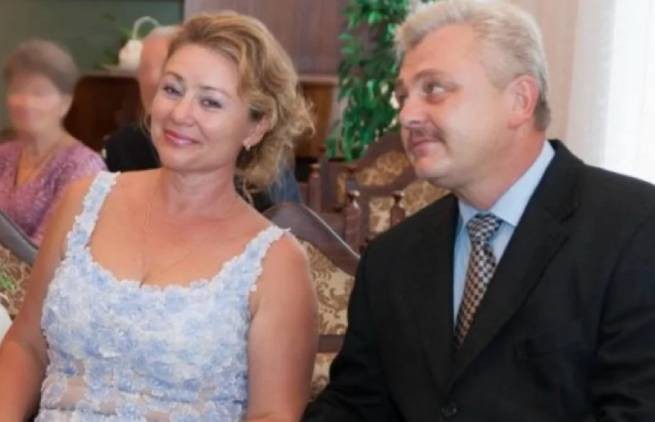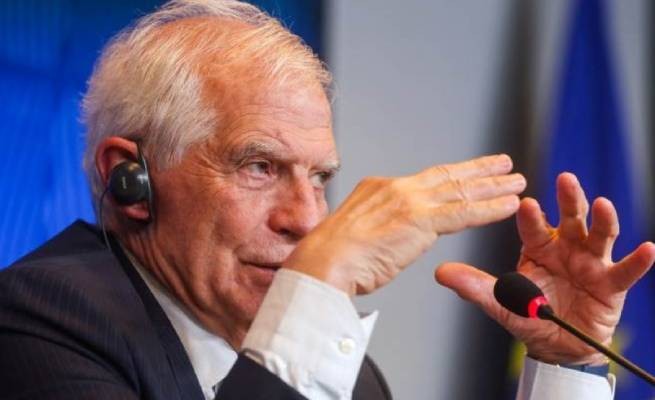The European Central Bank (ECB) should continue its bond-buying stimulus program until at least the end of the year and keep it open to mitigate the impact of the conflict in Ukraine, ECB spokesman Giannis Sturnaras told Reuters.
He was the first ECB spokesman to explain how developments in Ukraine, where fears of a full-scale Russian invasion are growing, could affect the eurozone central bank’s plans to stop buying assets and raise interest rates to curb high inflation.
In an exclusive interview, Greek central bank chief Sturnaras also said the ECB should formally waive rate cuts, but also give itself more leeway on the timing of any hike.
Investors expect the ECB to announce plans to end its longstanding asset purchase program (APP) at its next policy meeting on March 10, paving the way for a rate hike by the end of the year.
But Sturnaras said the economic outlook is “much more uncertain” now, meaning the ECB should err on the side of caution.
“Based on the situation from today’s point of view, I would rather extend the APP until at least the end of the year, after September, rather than approaching the end,” he said.
“I would not support announcing the end of APP in March.” Europe relies on Russia for about 40 percent of its natural gas needs and imports grain from Russia and Ukraine.
Sturnaras said the crisis was supposed to lead to lower prices “in the medium and long term” after the initial surge.
“In my opinion, this will have a short-term inflationary effect, meaning prices will rise due to higher energy costs,” Sturnaras said.
“But in the medium to long term, I think the impact will be deflationary due to adverse trade effects and, of course, rising energy prices.”
Options open
In December, the ECB said it would extend its APP until at least October and end it “shortly before” raising interest rates.
Until recently, traders have increased the ECB’s deposit rate by 50 basis points, which would have brought the rate to zero after 8 years of negative, although they cut their rates after the escalation of the situation in Ukraine.
Sturnaras, one of those economists who advocate lower interest rates on the ECB’s 25-member Governing Council, said the central bank should “increase its flexibility” by stepping out of its corridor “for a short time”, as he also suggested. Francois Villeroy de Gallo, director of the French central bank.
He also backed a change in ECB policy that said rates would remain at “the current level or lower” to rule out a rate cut, but without opening up the possibility of a rate hike.
The head of the Bank of Greece said he remains convinced that the deflationary trend that prevailed in the eurozone for several years before the coronavirus pandemic has disappeared.
He blamed the eurozone’s current exceptionally high inflation of 5.1% in January on a “series of supply shocks.”
“Monetary policy is not well suited to deal with these shocks,” he said. “He can do it, but at a very high cost in terms of productivity and employment. That is why I call for caution.”






More Stories
Night tariff for electricity from May 1
Research: The best airports in Greece
Fighting tax evasion: artificial intelligence to help